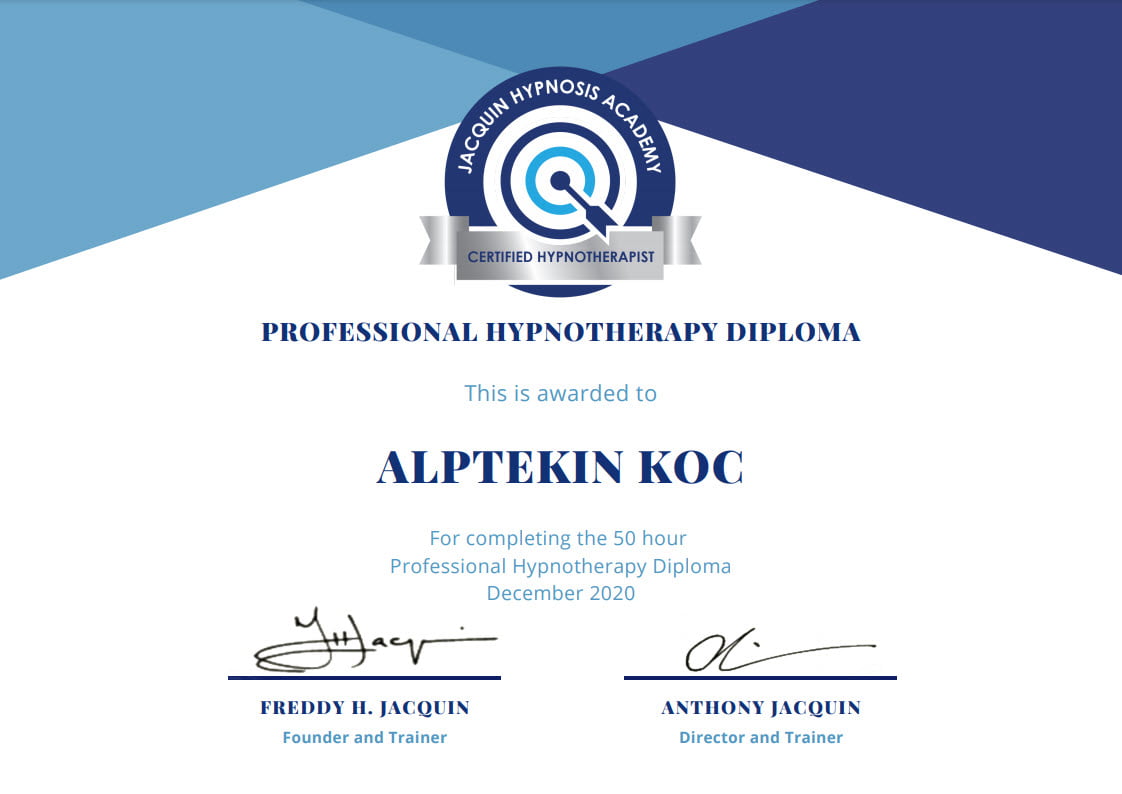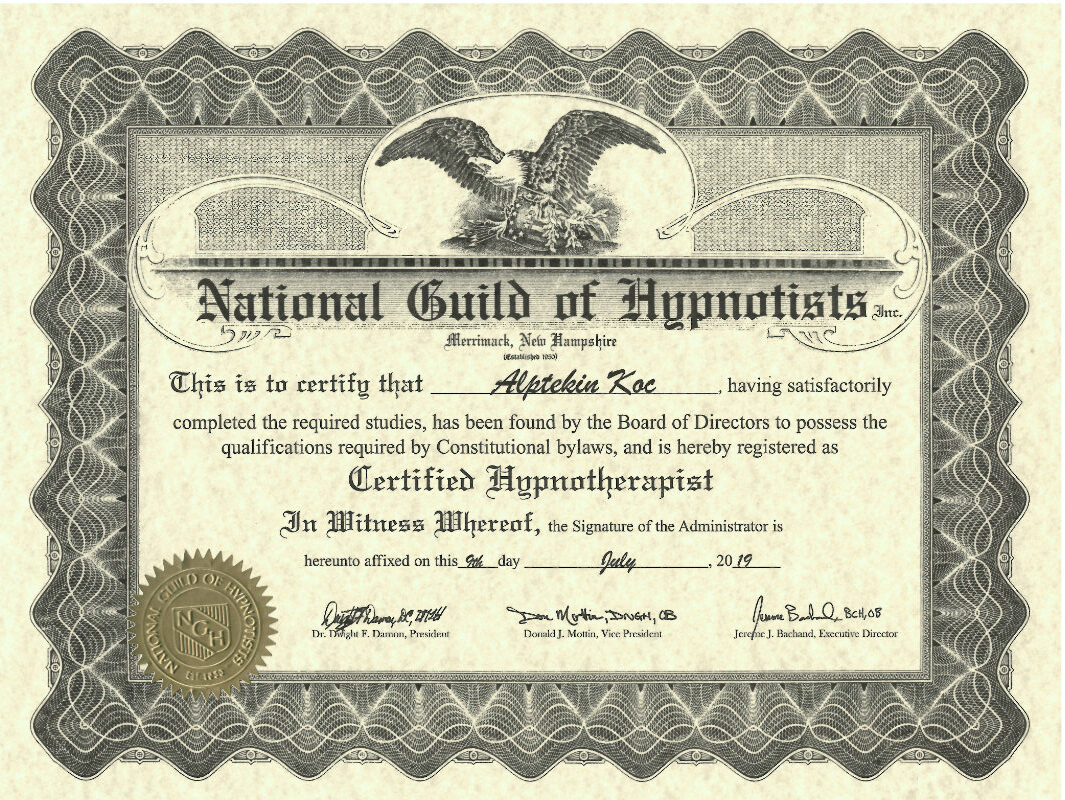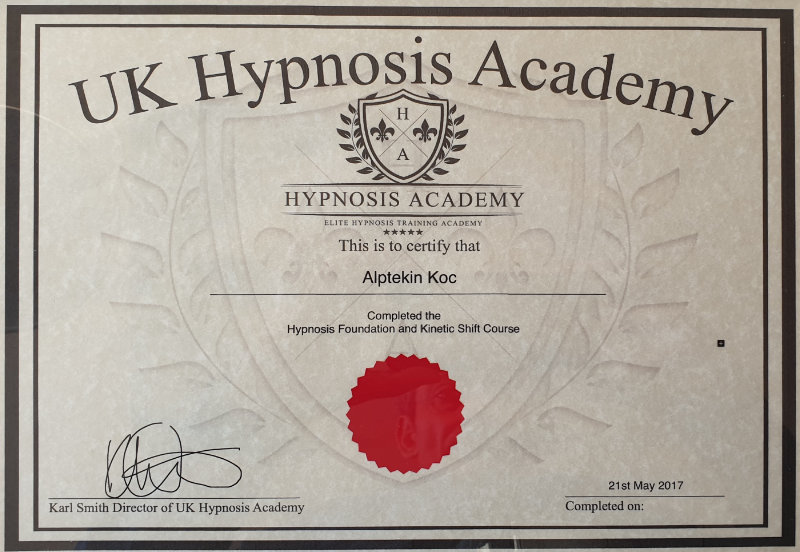Chronic stress has several troublesome consequences that affect the overall quality of life.
All the side effects of chronic stress result from the continuous production of stress hormones, such as adrenaline and cortisol, which send various signals to the brain and other internal organs.
First and foremost, chronic stress activates the sympathetic nervous system, which primarily supplies blood to the muscles and shuts down functions such as digestion, sleep, sex, and creative cognition.
Are any of these symptoms something you suffer with?
Permanent exhaustion
Because the body is constantly on high alert, it feels permanently exhausted. It is constantly focusing its energy on protecting itself and is always active. The mixture of restlessness and exhaustion is particularly precarious because neither active recreational activities nor restful activities can be enjoyed.
Palpitations
When you’re in a state of alarm, your blood pressure rises and the muscle vessels dilate. The heart will begin to speed up to pump blood to the most distant vessels. As the heart palpitations become longer and more intense, sufferers become increasingly at risk of heart attacks, the fear of which only adds to the chronic stress.
Nervousness and irritability
Because the body is hypersensitive and acts in danger defence mode, you perceive every environment as a threat. This can make you more irritable and aggressive towards those around you as you are constantly tense, nervous, and fearing that something bad might happen. And, even if you aren’t particularly irritable, it can still be difficult to fully engage in situations that should otherwise be enjoyable or exciting.
Loss of appetite and sexual aversion
When the body does not feel safe, it logically puts the function of digestion and reproduction on the back burner. After all, it needs its energies in other areas, namely in the muscles and limbs, to defend itself. That’s why sufferers of chronic stress often find they are rarely hungry and experience a diminished sexual appetite.
Dissatisfaction
One common side effect of chronic stress is that no matter how beautiful the situation is that you’re in, inside you never fully appreciate or enjoy what you’re doing because there are always underlying fears, worries, and general inner discomforts that take over.
Muscle tension
The body literally tenses during periods of chronic stress as a protective mechanism. Since the muscles are almost constantly contracted, this can develop into unpleasant tension and muscle pain, typically experienced in the neck and shoulder area.
Sleep disorders
Often, sufferers of chronic stress find it almost impossible to get to sleep, as the body won’t allow it. This quickly escalates into a vicious cycle, because a sleepless night only makes the body more sensitive to stress.








